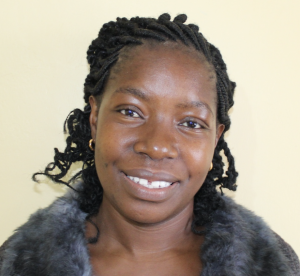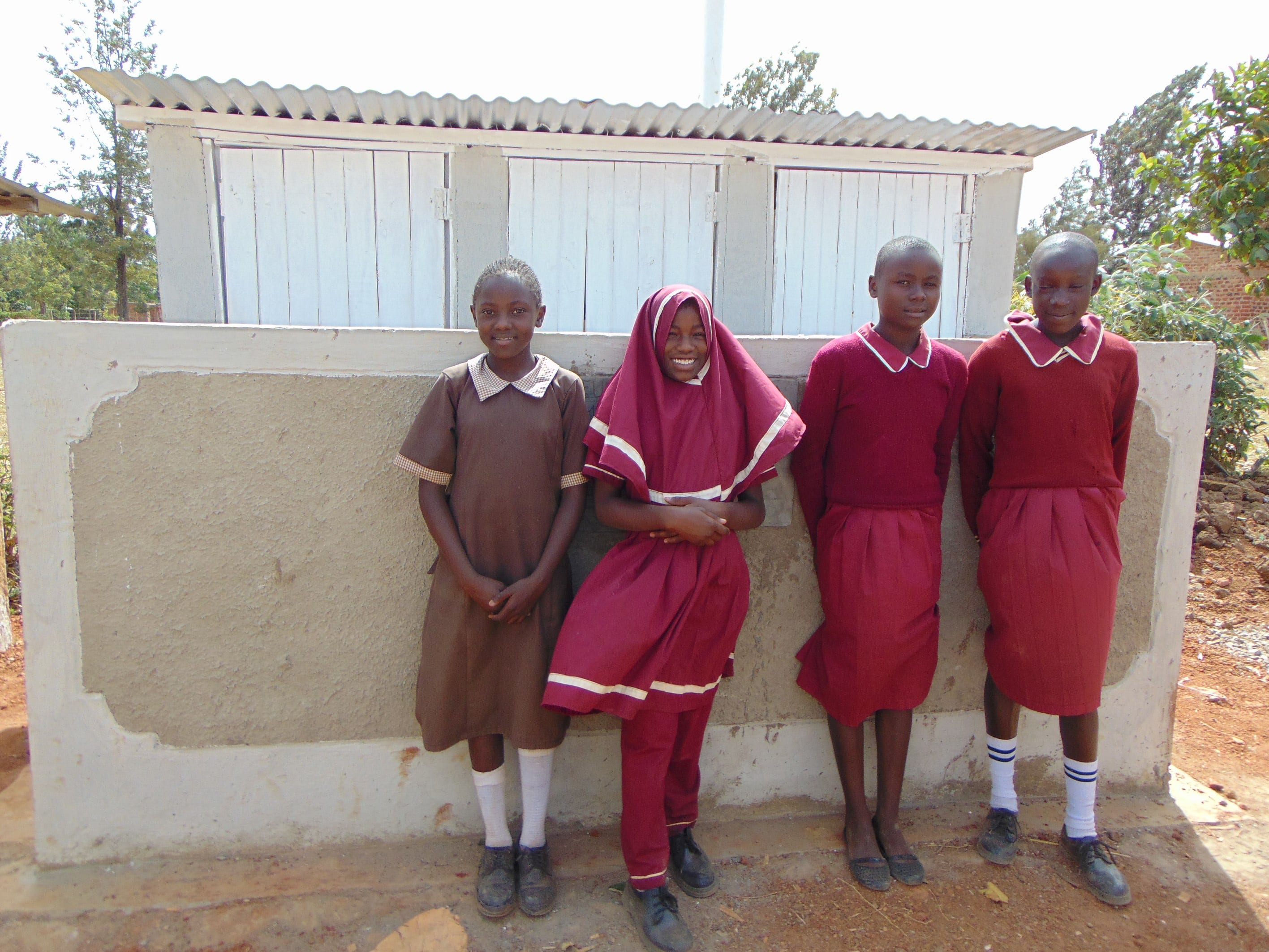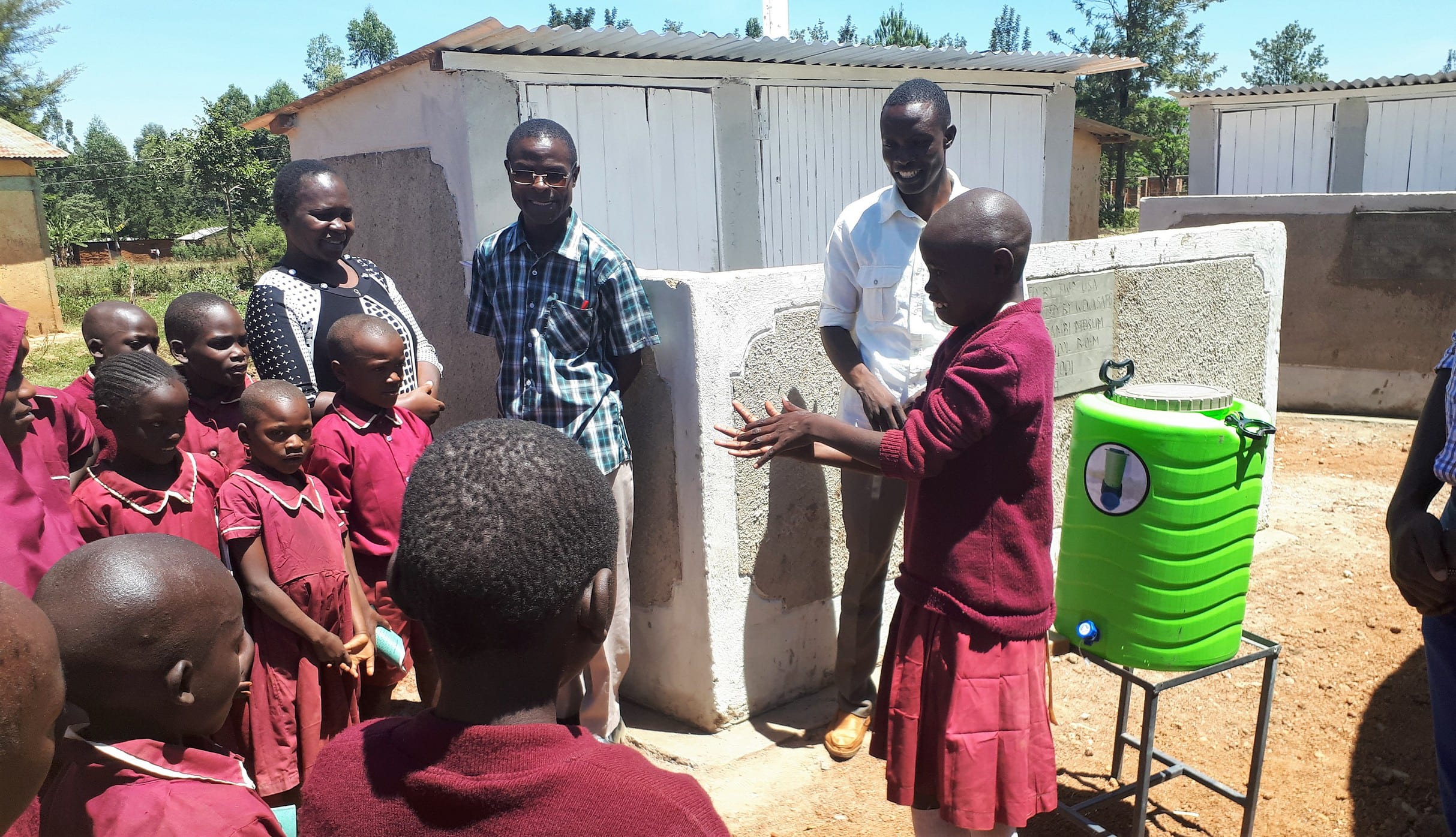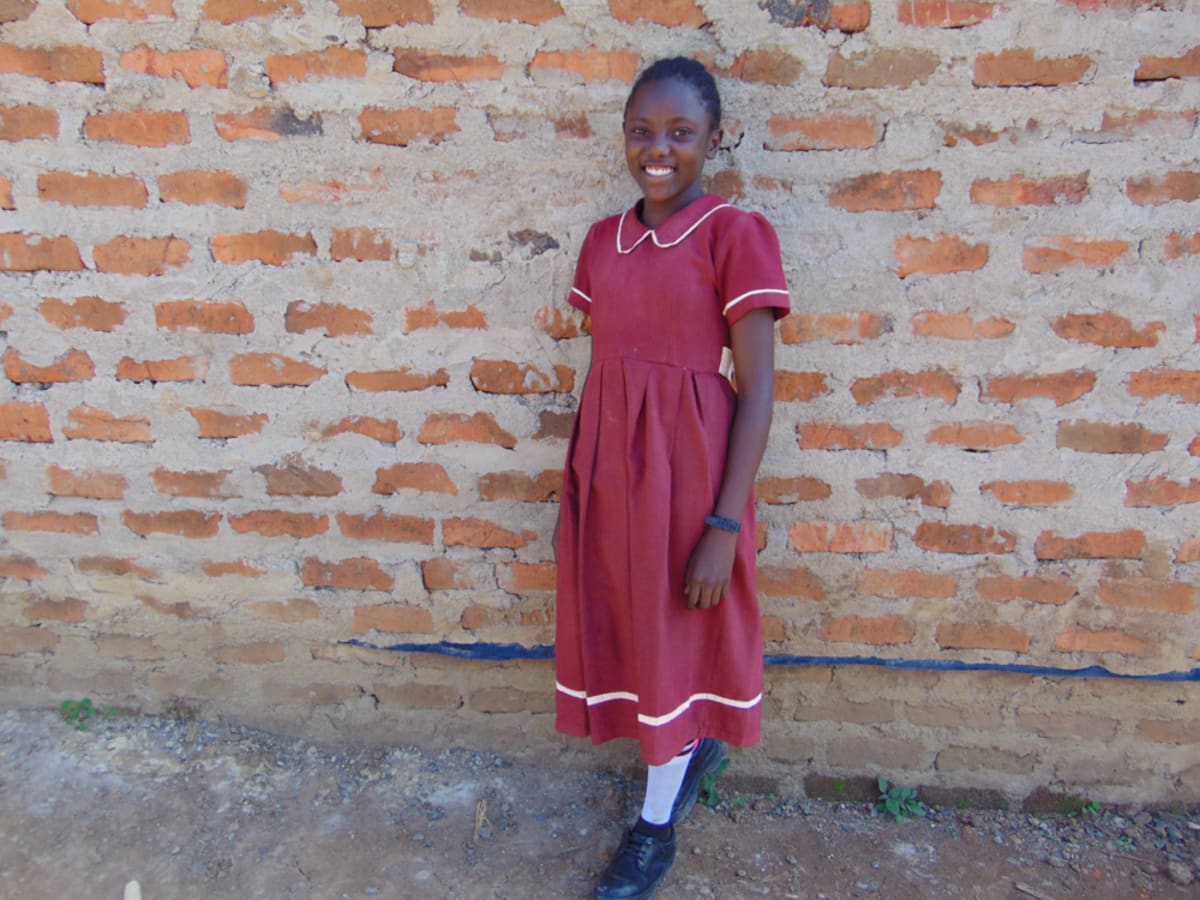Some 455 students at Namarambi Primary School do not have a source of water on school grounds.
There is a hand-dug well at the adjacent mosque, but this is overused and thus strictly controlled so that water is available for prayers. With all the mosque's efforts to preserve the water in the well, Namarambi students often bring their buckets, try the pump, and find no water at all. In fact, the well is entirely dry during months without rain.
There is a river nearby that never dries up. With no other option, students walk almost one kilometer to bring back the water they need to get through the school day. This water is filthy, with wild animals coming and going to drink from the open source.
The walk for water takes away valuable class time, and the road students take is full of motorbike traffic that endangers students along the way. The worst part is, all this effort is for water that is dirty and gets students sick - forcing many to miss even more class time.
"We walk for a long distance to go and fetch water for use in school, and the pupils waste a lot of time instead of studying. The water from the river is not safe for drinking since most of us fall sick out of waterborne diseases," 13-year-old student Joan said.
Namarambi Muslim Primary School started in 2009 because of a partnership between the local community and the Muslim Supreme Council. It was first just a kindergarten located inside the mosque. In 2010, pupils needed to move up to class one, but there was no other school nearby. That is when the school started growing.
In 2013, four mud-walled classrooms were constructed in order to accommodate classes five to eight. Due to the growing number of students, the mosque compound could not be enough for the school operations and as a result, the school management acquired land next to the mosque so that they could operate independently. They have started construction of two more classrooms that will be occupied by next year, 2019.
What we can do:
Training
Hygiene and sanitation training will be held for two days. The facilitator will use PHAST (participatory hygiene and sanitation transformation), ABCD (asset-based community development), CTC (child to child), lectures, group discussions, and handouts to teach health topics and ways to promote good practices within the school. The CTC method will prepare students to lead other students into healthy habits, as well as kickstart a CTC club for the school.
"Some pupils are infected with jiggers because the general cleanliness of the school compound and personal hygiene is not observed by the pupils," Pius Wangila, a 12-year-old student said.
"We are really suffering."
Handwashing Stations
There is nowhere to wash hands.
This CTC club will oversee the new facilities, such as handwashing stations, and make sure they are kept clean and in working condition. The two handwashing stations will be delivered to the school, and the club will fill them with water on a daily basis and make sure there is always a cleaning agent such as soap or ash.
VIP Latrines
There are currently only four latrines - two for boys and two for girls. The latrines are insufficient for the pupils, and even the teachers have to share with them. The latrines are in pathetic condition. The pits are almost full and are full of maggots.
"I get ashamed when I rush to the latrine to relieve myself only to find one of my teachers there!" exclaimed Pius.
Two triple-door latrines will be constructed with local materials that the school will help gather. And with a new source of water on school grounds, students and staff should have enough to keep these new latrines clean.
Rainwater Catchment Tank
A 50,000-liter rainwater catchment tank will help alleviate the water crisis at this school. The school will also help gather the needed materials such as sand, rocks, and water from the river for mixing cement. Once finished, this tank can begin catching rainfall that will be used by the school’s students and staff.
We and the school strongly believe that with this assistance, standards will significantly improve. These higher standards will translate to better academic performance!

 Rainwater Catchment
Rainwater Catchment
 Rehabilitation Project
Rehabilitation Project


































